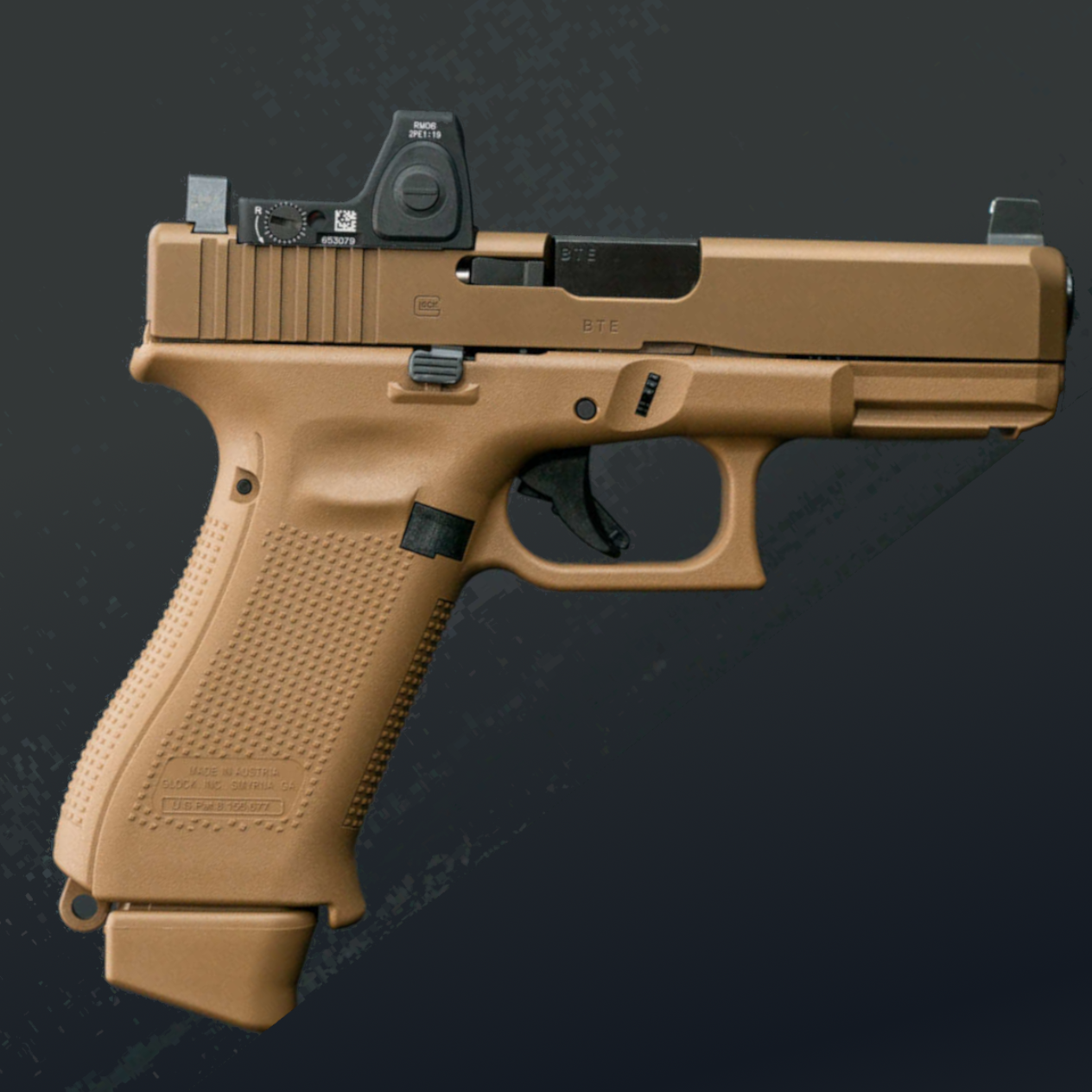Mr. Litton, however, could not legally buy a gun because he was a felon. Mr. Honea said investigators believed that the handgun that Mr. Litton used was a homemade, untraceable gun made of parts from different weapons, often called a “ghost gun.”
So, what did California’s gun control regime accomplish here?
cross-posted from: https://lemmy.crimedad.work/post/159095
Here’s the archive link: http://archive.today/2024.12.06-125212/https://www.nytimes.com/2024/12/05/us/school-shooting-california-kindergarteners.html
But building a ghost gun is significantly more difficult than buying a legal firearm,
That’s debatable. It is for me, and probably you too, but for the shooter in this incident? Absolutely not, his felony federally prevents him from buying a gun legally, it becomes easier to buy the things you can legally buy and do a little crafting with a dremel which isn’t as hard as you think.
Source: Done both, made 'em and purchased 'em, and know the laws regarding it.
I mean, that’s exactly my point. Buying something is objectively easier than manufacturing it because anyone can buy something, while it takes skills, equipment, and materials to make something. That’s why you start with an 80% lower instead of mining raw ore in your backyard to forge a solid block that you mill yourself. If he could have bought a gun, it would have been easier for him to attempt to murder children.
We cannot know how for sure many crimes gun control regulations prevent, because you cannot measure what doesn’t happen. But in this case, we do know that the regulation forced this psychotic criminal to go out of his way to make his own firearm. The regulation didn’t stop him entirely, but it did act an an obstacle. It is absurd to criticize, as OP does, “the California gun control regime” that worked on the basis that it wasn’t entirely effective. If anything, it is an argument in favor of additional gun control legislation surrounding the manufacturing and sale of unregistered component parts.
Buying something is objectively easier than manufacturing it because anyone can buy something, while it takes skills, equipment, and materials to make something.
And mine is that if you’re federally prohibited from buying it, it becomes easier to make it than buy it. You can’t just ban 3d printers and blocks of aluminum. You also can’t just wantonly make laws against parts that’ll be struck down by the supreme court, but good luck to you.
If an attacker is sufficiently motivated to harm, he will find a way, even if that means pressure cookers full of nails.
Right, because it’s harder to buy a gun. You’re saying it’srelatively easier, but nothing about building a gun is made easier.
And I agree, we shouldn’t be passing legislation that is unconstitutional, (although an entirely separate argument can be had about the relative validity of the current supreme court). I only mention new regulations because that’s the logical conclusion from OP’s complaint. Instead of fewer restrictions, their argument suggests more are needed.
It’s also a lot easier than you seem to think it is to build them, and also buying them illegally is fairly trivial as well, and making that harder to do is unconstitutional if we limit guns and impossible if we’re planning on limiting dremels, so the “make them harder to make” thing doesn’t pan out is what I’m saying.
We’ve made them harder to buy, making them harderer to buy won’t solve it.
It suggests that firearms should be decriminalized. Think of the years of sentences and enhancements handed down to people for possessing guns or gun parts they weren’t supposed to have, in a system that was found to have incarcerated people to the point of unconstitutionality no less. It still wasn’t enough to stop this guy from attacking a school. The shooter was himself a product of California’s prisons.

